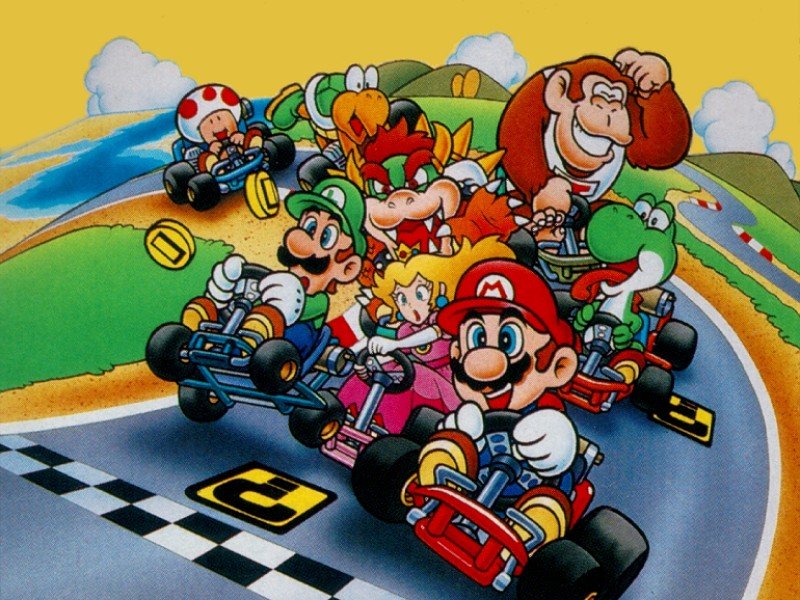GameSpot has announced that they'll be "revamping" their review system this week. The two main changes are: they're adding "award medals and demerits" to each review, and switching to a half-point rating system.
The first change will be positive, I imagine. The medals and demerits will be icons that apply to multiple reviews, acting as tags that specify the best and worst points of all the games to which they're applied. So, if I'm reading a review for, say, Metal Gear Solid 4, and see that it's gotten a medal for "Convoluted Plot," I might click the medal to see what other games have won that particular award. It's good for me as a reader, since it helps me find new games that I might enjoy (or hate) based on specific factors, and good for GameSpot I'm sure, since it would lead people like me to spend more time clicking around their site.
The second change is like a quarter-step in the right direction as far as I'm concerned. The decision to only score games in half-point increments does reduce the granularity of the rating system ("what's the difference between an 8.2 and an 8.3?" being the classic question,) but it still keeps GameSpot's outlook in the realm of fiddly, Consumer Reports-style analysis of a game's perceived "bang for your buck," which is kind of the gross thing about GameSpot in my opinion. I think that their relaxing the numerical score system is a function of Greg Kasavin stepping down from the site some time ago; when I interviewed him, he had the following to say about the GameSpot rating system:
I generally think that numerical rating systems are arbitrary and poorly maintained—they're like tools that aren't used with the proper care. I think the system on GameSpot is put under much closer scrutiny than most other, similar systems. I am exactly the sort of person who splits hairs over tenths of a point—how come this game got a 7.6 when this game got a 7.7, and so on. Since I personally edit every review that goes up on GameSpot, though, I'm able to apply consistent standards in all cases, which is partly how we make sure our system is balanced.
I know the real answer to why this won't happen-- GameSpot is the key arbiter of the standards that www.gamerankings.com and thereby game publishers follow to determine whether a game has reviewed well or not. To continue posting their reviews to gamerankings, GameSpot has to maintain a numerical scale; and if they simply converted the gradeschool scale to percentages, it would defeat the purpose, as well as throw off the overall scale compared to other review sites. If someday the review site of prominence takes up the gradeschool scale as their official rating system, I will be happy.











